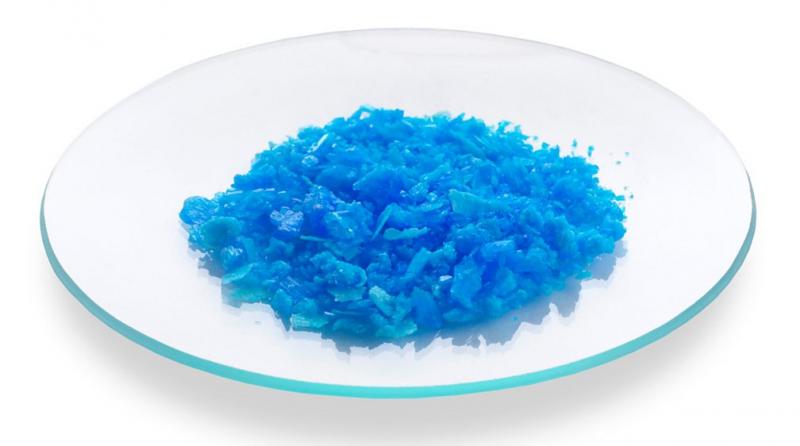Introduction:
In the world of agriculture, finding effective solutions to enhance crop growth and protect plants from diseases is of paramount importance. One such versatile and widely used compound in agriculture is copper sulfate. Copper sulfate, also known as cupric sulfate or blue vitriol, is a chemical compound that has proven to be invaluable in various agricultural applications.
Role of Copper Sulfate in Agriculture:
-
Fungicide: Copper sulfate is renowned for its fungicidal properties. It is used to control a wide range of fungal diseases that affect plants, such as powdery mildew, downy mildew, and leaf spots. The compound works by disrupting the enzymes and proteins in the fungal cells, leading to their destruction. Farmers often apply copper sulfate-based fungicides as preventive measures or when they notice the early signs of fungal infections.
-
Algaecide: Farmers dealing with algae infestations in their irrigation systems or ponds can rely on copper sulfate as an effective algaecide. The compound targets algae cells and inhibits their growth, helping to maintain water quality and prevent excessive algal blooms. It's crucial to use copper sulfate with caution, as excessive use can harm aquatic life due to its toxic properties.
-
Fertilizer Additive: Copper is an essential micronutrient for plants, and copper sulfate is used as a fertilizer additive to supplement the copper needs of crops. It aids in various metabolic processes, including photosynthesis and nitrogen fixation. Adding copper sulfate to the soil helps correct copper deficiencies, ensuring optimal crop growth and yield.
-
Soil Sterilization: Before starting a new plantation, farmers sometimes sterilize the soil to eliminate pests, pathogens, and weed seeds. Copper sulfate can be used as a soil sterilant to rid the land of harmful microorganisms and pests, reducing the risk of crop diseases and improving overall plant health.
-
Seed Treatment: Treating seeds with copper sulfate solutions before planting can protect them from seed-borne pathogens. This practice helps prevent diseases from spreading from one generation of plants to the next, contributing to better crop quality and increased harvests.
Environmental Considerations:
While copper sulfate offers many benefits in agriculture, it is essential to use it responsibly to minimize potential negative impacts on the environment. Copper can accumulate in soils over time, leading to toxicity for certain plant species. Additionally, excessive copper runoff from agricultural fields can contaminate water bodies and harm aquatic organisms. Farmers should strictly follow recommended dosages and application guidelines, and consider alternative approaches when possible to ensure sustainable agricultural practices.
Conclusion:
Copper sulfate continues to be a valuable asset in modern agriculture due to its fungicidal properties, role as an algaecide, and significance as a fertilizer additive and soil sterilant. It helps farmers tackle various challenges related to crop diseases and soil health. As we move towards a more sustainable future, it is crucial for farmers to use copper sulfate responsibly, adhering to best practices and environmental guidelines to reap its benefits without harming the environment. By harnessing the potential of copper sulfate wisely, we can enhance crop productivity and contribute to the advancement of agriculture on a global scale.
